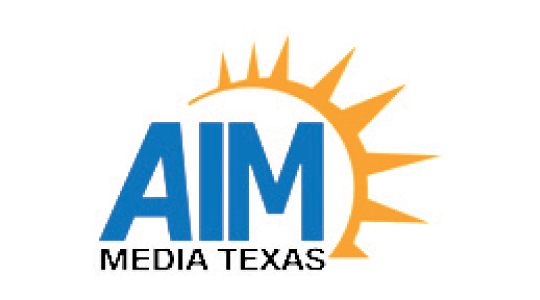Property rights should be sacrosanct, and in Texas many people like to say they are. The reality, of course, is more complicated, as is evidenced by recent efforts to place border barriers on private land and the current fight between state and federal government over access to a municipal park in Eagle Pass. State officials complain about federal intrusions in the area and have blocked Border Patrol agents from moving through the park to reach the federal border, ignoring their own sin in seizing the park and other land from the city and county that own it.
Such cases become further complicated when some of the property involved is owned by government entities. Some people believe that if it’s public land and their tax dollars are used to buy and maintain it, they have a right to control it.
That is the case regarding a proposed land swap between the Texas Parks and Wildlife Department and SpaceX. Under the proposal the parks department would give 43 acres of land at Boca Chica State Park to SpaceX, and in return receive 477 acres near the Laguna Atascosa National Wildlife Refuge.
The proposed exchange has drawn opposition from wildlife advocates, people who fear the ultimate loss of the park and some who simply oppose SpaceX and any efforts to expand it.
Such people might have a stronger case if they consider finding the means to purchase the property rather than imposing their will by force.
The exchange, in which the state would receive more than 10 times the land near the Laguna Madre, appears to benefit both sides, although some people might contend that it trades the welfare of marine wildlife such as the endangered Kemp’s ridley turtle for inland species such as wild felines whose populations also are threatened. SpaceX would be able to expand its facilities to meet its growing activity and scope, and the Boca Chica park would still encompass more than 1,000 acres after the exchange. In return the state would be able to use the new acreage to expand inland habitat or as a resource for future land swaps, or sell it to raise funds or acquire more appropriate acreage. The federal refuge encompasses more than 110,000 acres and is home to countless dear, nilgai and other species, and also serves as a nesting site for migratory waterfowl.
TPWD was scheduled to hold a public hearing on the proposed swap last Thursday but called it off, probably because of the opposition. A final vote on the matter is scheduled for the agency’s March 28 meeting, and the department has endorsed it.
In the interim, the advocates might consider seeking resources to make a counteroffer or examine the possibility of acquiring adjacent land that could enable the SpaceX expansion while replacing the loss with other adjacent land. The Nature Conservancy and private benefactors have made such purchases in the past.
Such resources, if they could be found, might provide increased options that TPWD could consider, and that could alleviate many concerns regarding the loss of public land at Boca Chica.
Good-faith alternatives might do more to meet the needs of all those involved rather than efforts to impose one’s will on others.
AIM Media Texas




